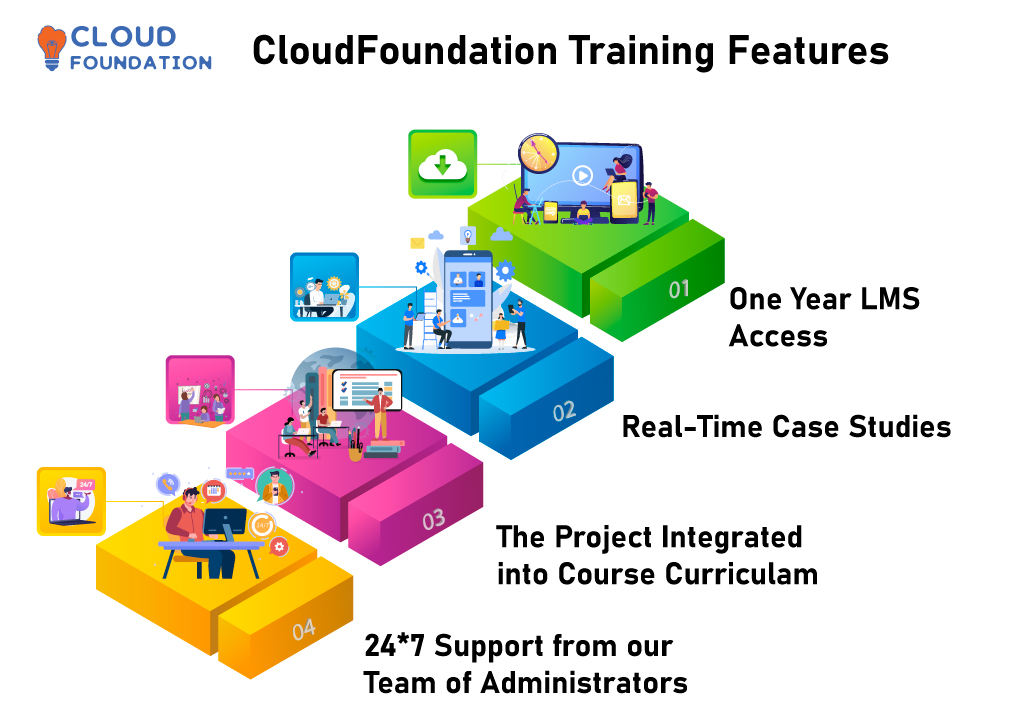SAP EWM Course -The only Analytics Course you need
SAP EWM Course -The only Analytics Course you need
⏰24 hours | ▶️ 24 Videos | 📣 49 Participants | 🔥11 Reviews
Choose a Plan that Works for You
Self Paced
- Advanced sessions
- Interview Q&A
- Free study Materials
- Premium Technical support
Instructor Led Live Training
- Live Instructor
- Advanced sessions
- Interview Q&A
- Premium Technical Support
Corporate Training
- Live Instructor
- Advanced sessions
- Interview Q&A
- Premium Technical Support
Upcoming Batches EST
Weekday
| Jan 12(1 HR A DAY) |
| 07:00 PM PST |
| Enroll Now → |
Weekday
| Jan 27(1 HR A DAY) |
| 07:00 AM PST |
| Enroll Now → |
Weekend
| Jan 22(1 HR A DAY) |
| 06:30 PM PST |
| Enroll Now → |
Upcoming Batches IST
Weekday
| Jan 13(1 HR A DAY) |
| 07:30 AM IST |
| Enroll Now → |
Weekday
| Jan 27(1 HR A DAY) |
| 07:30 PM IST |
| Enroll Now → |
Weekend
| Jan 23(1 HR A DAY) |
| 07:00 AM IST |
| Enroll Now → |
Course Description
The SAP Extended Warehouse Management (EWM) basics are covered in this training. The course teaches participants how to expand their business’s potential by combining EWM and SAP.
Goods receiving, putaway, replenishment, and shipment are just some of the core EWM principles covered in this course.
Warehouse design, process modeling, and other forms of cutting-edge functionality will be taught to Learners.
Regarding warehouse management and automation, SAP EWM is your one-stop shop. By giving you more command over your stock, providing you with real-time visibility, and integrating your business processes, it helps you manage your supply chain operations and warehouse procedures.
The program uses cutting-edge technology to reduce distribution, inventory management, and cycle counting expenses for its consumers.
Regarding warehouse management, SAP EWM has you covered with a full array of tools and applications for handling everything from stock control to orders to tasks to cycle counting. It’s a holistic answer to your company’s problems, helping you streamline processes, cut expenses, and boost productivity.
Better decisions and future planning are possible with the help of SAP EWM’s comprehensive analytics and reporting features, adaptable user experiences, and access to various mobile applications.
Overall, SAP EWM is an all-inclusive warehouse management and automation system that may help firms save money, improve efficiency, and take advantage of digital disruptions. SAP Extended Warehouse Management (EWM) gives many benefits.
You will gain an understanding of the fundamental steps involved in warehouse management, such as the development of master data, the coupling of EWM with other SAP modules, and the optimization of warehouse operations through the use of EWM.
Topics covered in training include Stock Replenishment and Cross-docking in addition to Goods Receipt, Transfer, and Stock Posting in the warehouse. The course uses real-world case studies to help you implement EWM in your setting and grasp common concepts and language used in the field.

Course Content
1. An introduction to the warehouse management system SAP R/3
- An overview of the warehouse management system
- Principal Activities Accompanied by EWM Support.
2. Master Data
- Organizational aspects and master data about ERP and EWM
- Knowledge of packaging standards.
3.Transfer Needed
- Automatically or manually create transfer requirements for storage type and substance.
- Posting change notice.
4. Put away Strategies
- Next to the empty bin
- Pallets
- Addition to existing bin
- Fixed bin strategy
- Fixed Bin
- Open Storage.
5. Picking Strategies
- Shelf life expired
- Stringent FIFO
- LIFO
- FIFO.
6. Warehouse movements
- WM reference movement kinds
- Match reference and WM movement types.
7. Search Strategies
Storage type and section search techniques
8. Physical Inventory
- Create a physical inventory record
- Clear WM and IM differences
- Enter count results
9. Batch Management in WM
- WM Condition Tables, Batch Search Procedure, Strategy Types, Access Sequence, and Batch Status
- SLED in batch in WM
- Automatic and Manual batch display in WM.
10. Integration
WM with QM, SD, PP, Basic EWM, ERP Integration, and integration of Delivery Document.
11. Extended WMS Environment
- EWM Basics
- Integration
- SAP ERP-SAP EWM Integration
- Delivery Document Integration
12. Master Data and Structural Elements
- Structural elements of SAP EWM
- Core Interface of APO
- SAP Extended warehouse management Master Data Review
13. Warehouse Procedures
- Using Warehouse Management Process Types
- Warehouse Process Type use, construction, and modification.
14. Goods Issue
- EWM Goods Issue removing stock Strategies
- EWM Batch Products
- Wave Combining
- Inbound delivery document usage
- ERP/EWM availability group
- Pick Denials and Picking Differences
- Goods receipt overview.
15. Product Quality in SAP EWM
- QIE Introduction
- Configuration process of Quality Inspection in EWM.
16. Integration of Production management with SAP EWM
- Consumption and Staging process and its Configuration
- Receipt from the Production process and its configuration.
17. Outlining the Storage Control Concepts
- Configuring the Process-Oriented stock Storage Control
- Configuring the Layout-Oriented stock Storage Control
18. Warehouse management Order Creation
- Warehouse Management Order Basics
- Warehouse management Order Creation Rule (WOCR) determination
19. Configuration in SAP EWM
Pack Specification setup
20. Posting Changes, Replenishment, and Stock Transfers.
- stock transfers and Posting changes
- replenishment and Ad hoc movements.
